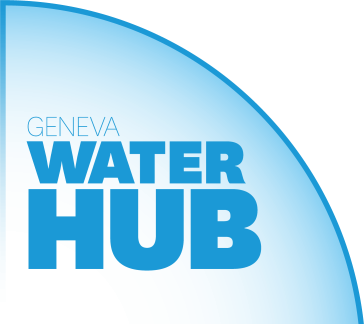
“Open Science, leaving no one behind” and the Global Observatory on Water and Peace
10 November marked the World Science Day for Peace and Development. The 2019 theme is “Open science, leaving no one behind”.
Open science is traditional science conducted in a more transparent and collaborative way, and is meant to provide equal opportunities to all in terms of access to science, knowledge and data.
This year’s theme on open science does not only resonate with the academics, but to all that contribute to sustainable development, assist in alleviating the fragility and building resilience of our modern world.
In recent years, there has been an increasing global recognition of the potential of water cooperation as a vehicle for peace. There is also an increased appreciation for the potential of a water-peace nexus; a peace that is not defined by the lack of armed conflict, but by the prevalence of sustainable development.
Two years ago, the Global High Level Panel on Water and Peace, launched its report “A Matter of Survival”, that included a set of recommendations aimed at strengthening the global framework to prevent and resolve water-related conflicts, to facilitate the use of water as an important factor in peace building and to enhance the relevance of water issues in national and global policy making.
Among those recommendations, was the establishment of the Global Observatory for Water and Peace, an inclusive network that improves the limited capacity of international actors to act collectively and effectively at the political and diplomatic levels to fill the critical gaps of the global water architecture in its ability to contribute to meeting the 2030 Agenda and “leaving no one behind”.
The Global Observatory for Water and Peace is an example of an open science platform that provides knowledge and shares expertise to all, on the potential and role of hydrodiplomacy for the purposes of peace and development. It is an innovative and fine-tuned approach to existing practices and is meant to create an open network of expertise (individual and institutional). The analytic capacity of the Global Observatory on Water and Peace and its regional partners is strengthened by data supported and science based evidence, through research and open science.
In addition, the Global Observatory for Water and Peace is meant to promote “People’s Diplomacy” that includes actors at local, as well as national and regional levels. “No one behind” not only is meant to an open science that includes also the marginalized, and fragile, but extends to another fundamental human right- human right to water and sanitation. The Global Observatory for Water and Peace aims to leave no one behind in the process of using water as a vehicle for peace.
